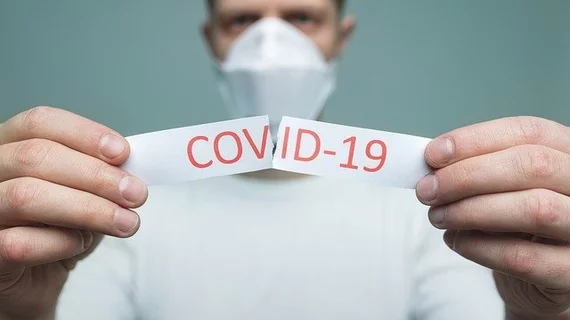UC San Diego working with molecular tech firm to advance MRI-based COVID-19 testing platform
Molecular biochemistry company Menon Biosensors is collaborating with the University of California San Diego School of Medicine to further test its imaging-based rapid COVID-19 detection process, the pair announced Tuesday.
The proprietary technology, known as Molecular Mirror, is combined with standard magnetic resonance imaging to rapidly identify a variety of pathogens and viruses. Classified by the U.S. government until 2012, researchers hope the platform can create a rapid and widely used testing infrastructure to tackle COVID-19.
"The goal of the trial is to unequivocally prove that our Molecular Mirror technology could be the solution to the global need for high volume testing in order to curve the COVID-19 pandemic," Suresh Menon, MD, founder and president of San Diego-based Menon said in a statement.
Menon and scientists at UC San Diego previously completed on-site preliminary trials using more than 200 COVID-19 samples. The team will now use 1,000 samples for their new investigations and compare the results with existing data.
The assay platform uses magnetic nanoparticles activated with target-specific biomarkers that attach to key regions of a pathogen’s genome, according to the news release. That sample is then processed to alter its magnetic properties which then produce a unique signal when scanned with magnetic resonance-based equipment.
All told, the group believes they should be able to test more than 100,000 samples per hour.
"If successful in this trial, we will have the highest output testing procedure known to the world and in effect, be able to test the entire population multiple times a week, at a fraction of the expense of other testing methods," Menon said. "This is a really exciting development for our team and all those combating this current and even future pandemics."

